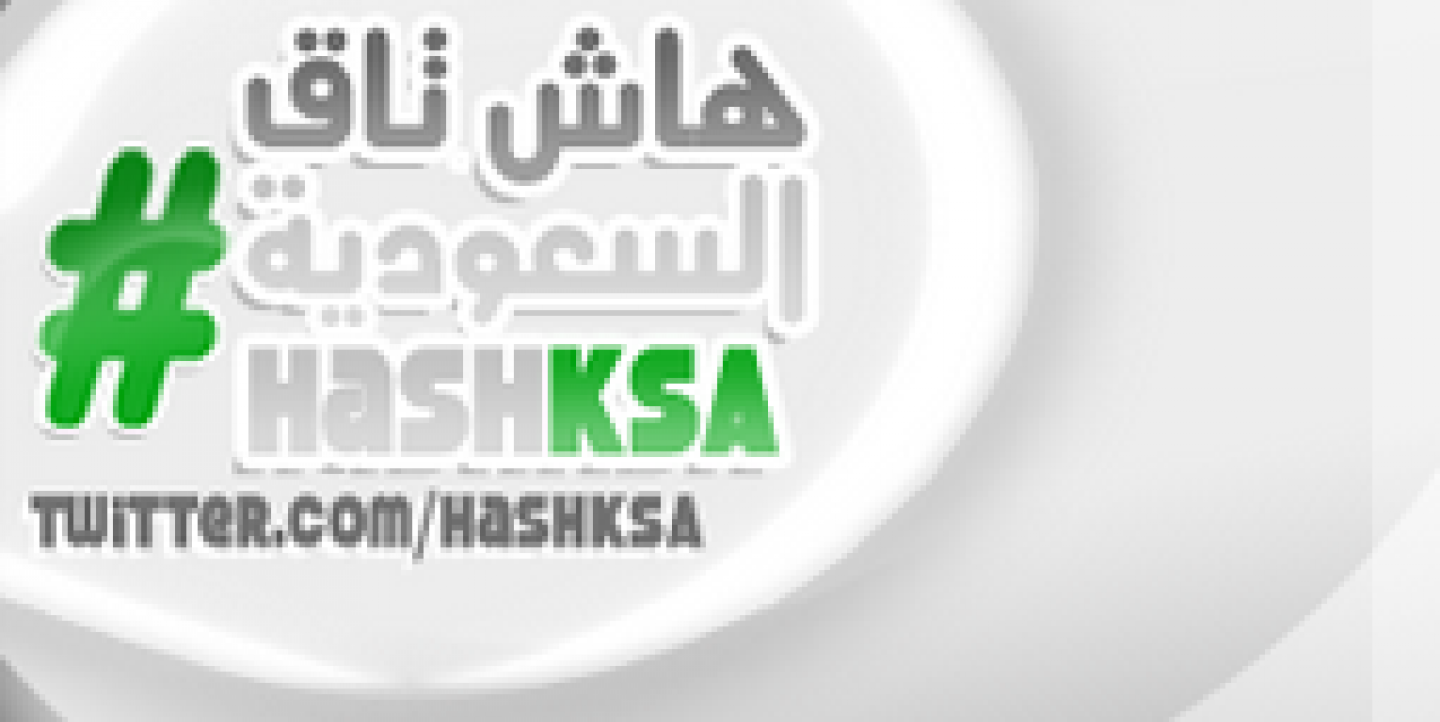When one man felt that traditional news in Saudi Arabia wasn't serving up what people wanted to read, he launched a Twitter account.
Faris Al-Mutairi, an accountant by day, started tweeting from “HashKSA”, or Hashtag Kingdom of Saudi Arabia, on November 7, 2011 on the social network to gather the most popular hashtags and topics.
Today, almost 400,000 users follow these tweets in Arabic. Many people, from Saudi Arabia and beyond, have set it as their homepage, begging the question whether a social network can do a better job of curating news than traditional media.
IJNet interviewed founder Al-Mutairi to find out more.
IJNet: How did you get the idea for HashKSA?
Faris Al-Mutairi: The idea came from a need to have a single, specialized source for all the tags on Twitter that Saudis are interested in and cover on social media sites...I got the idea to create this account and to limit its scope to Saudis first, so it can offer an outstanding and comprehensive service...The total number of viewers passed a quarter of a million in 230 days.
IJNet: Does the account cover only local Saudi issues, or other topics too?
FAM: Since its inception, the account has focused on issues of interest to the Saudi street. Or, better yet, to the digital Saudi community. Whether local or global, it doesn't matter. What matters is that the issue is of concern and interest to Saudis.
IJNet: How much time do you spend on HashKSA and does anyone else work on the account other than you?
FAM: I don't spend a lot of time on it since I’m busy with work and family. However, the secret of 24/7 presence is a team that works on specific time slots and on the go. That means monitoring during free and lost time on our smartphones. That has made our job a lot easier, we don’t have to be at a desk or on our laptops for too long, as some might assume.
IJNet: How do you pick the hashtags and are there rules about them?
FAM: There are specific, preset rules, which we explain publicly. For example, we do not support hashtags without a specific cause or goal, or if they are not of interest to Saudi tweeters. On the other hand, there are tags we do publish due to their popularity. In short, our followers determine what hashtags we publish and are popular, even if it contradicts our own personal beliefs because we want to keep our account independent and unbiased. It's for everyone and not just one member or group.
IJNet: How do you determine the level of influence each tweet has?
FAM: HashKSA account is the fourth most followed account on Twitter on the national Saudi level. It has great influence as a non-personal account. And what we see in number of retweets and mentions forces us to bear great responsibility when we tweet. Several stories have proven this. For instance, our “Houla Massacre” hashtag trended worldwide 15 minutes after publication...
IJNet: Are you competing with newspapers?
FAM: Our account publishes what Saudis care about and want to read. So everything published finds great interest and acceptance, in complete contrast to newspapers...That is the essence of new media. For followers to decide what they want, in contrast with traditional newspapers forcing what they want published on their readers.
IJNet: What about the commercial aspect of this?
FAM: There isn't a commercial aspect to this. I do not want to bother my followers with ads they don't want. We do occasionally allow sponsored ads so we can use the revenue to develop the account and our site, as well as to develop smartphone apps.
Follow Marwan Almuraisy on Twitter.

